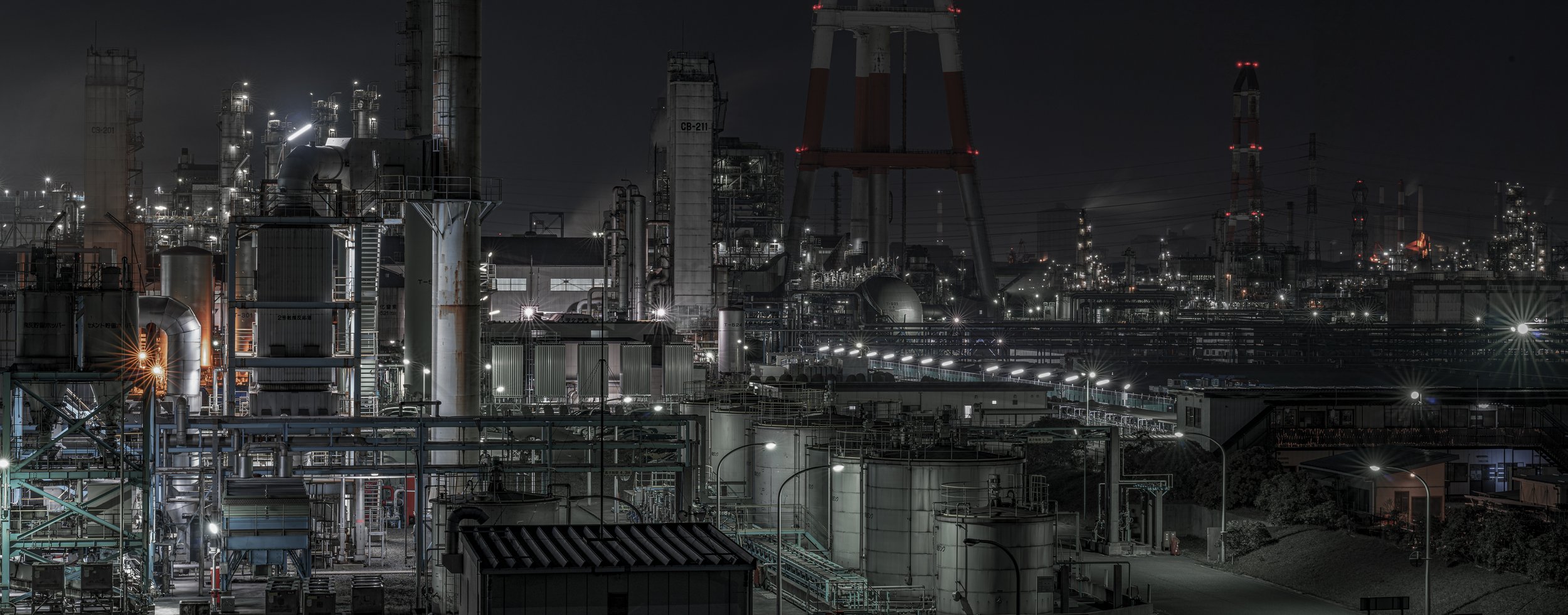
PETROCHEMICALS & PLASTICS
All around the world, fossil fuel polluters are doubling down on the production of petrochemicals and plastics to hedge their bets against losses in the energy sector as more infrastructure and vehicles go electric.
By 2050, petrochemical production could represent half the growth in crude oil demand, while plastics production is expected to triple. With communities of color along the Texas and Louisiana coast already heavily burdened with industrial pollution, a proliferation of new and expanded petrochemical and plastics infrastructure would only deepen the cruel pattern of environmental racism across the Gulf South.
Make no mistake: The process of producing petrochemicals and plastics is extremely toxic, all along the supply chain. Upstream, communities near petrochemical plants face an elevated risk of cancer and respiratory disease due to emissions of carcinogenic air pollutants.
Downstream, plastic pollution has contaminated just about every ecosystem in the world, including our farmlands and oceans. By 2050, there could be more plastic in the ocean than fish. Petrochemicals and plastics are also an increasingly major contributor to climate change, with each stage of production releasing massive greenhouse gas emissions and endangering the world’s effort to limit global warming.
At TCE we are closely monitoring plans for new and expanded petrochemical and plastics facilities across the Gulf Coast and working with our community partners and global allies, including Break Free from Plastic, to delay and defeat them. In the near term, we must halt the expansion of this polluting industry. Ultimately, our fight is to phase out petrochemical and plastics production, especially single-use plastics and the chemicals and products that cause the greatest harm to our health and environment.



